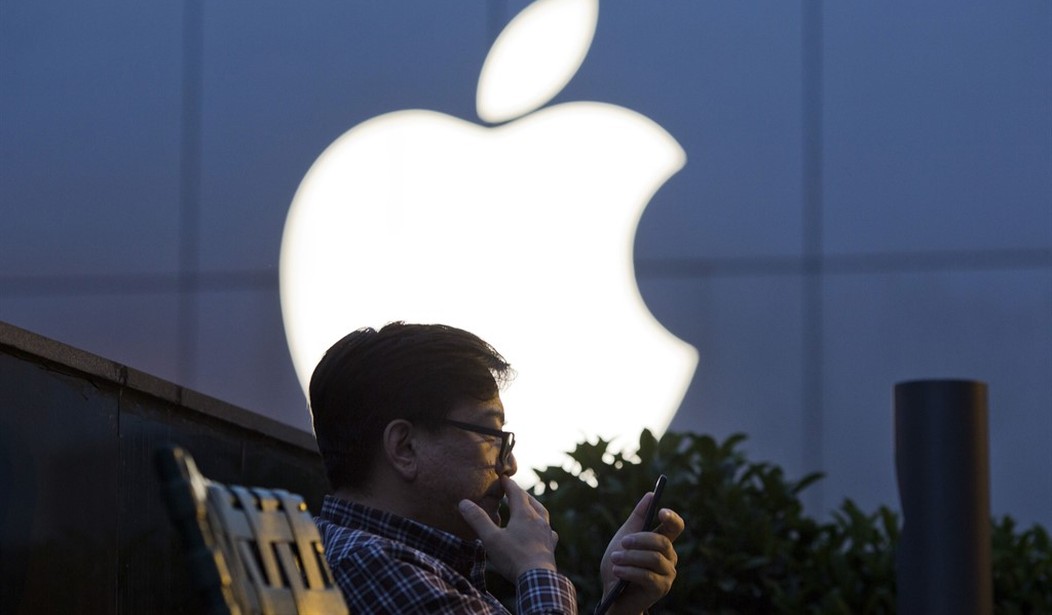Apple, Inc. told its employees internally on Tuesday that the company's decade-long effort to develop and build an electric vehicle was ending.
The company spent billions of dollars trying to develop an EV worthy of Apple's reputation for creating innovative products that were easy to use. In the end, it just wasn't able to achieve that goal.
Almost 2,000 employees worked on the project known as Special Projects Group, or SPG. Some will be laid off but many will go to work for the artificial intelligence division under executive John Giannandrea.
Generative AI is the future. It has revolutionized tech companies from top to bottom, resulting in massive layoffs as many companies chase the "next big thing."
Apple's EV, known as "Titan," had many redesigns and reconceptualizations.
Apple has spent billions of dollars on research and development on the car project. The car group inside Apple was the subject of several rounds of restructuring and shifting strategies over the years as Apple struggled to figure out a path forward, people who worked on the project said. Some executives pitched deep partnerships with automakers or even outright buying an automaker, but none of that materialized, the people said.
Since the mid-2010s, the specter of Apple introducing a car had rattled auto executives. Cars were becoming computers on wheels, with updateable features and large touch screens—morphing into a sort of device that seemed to play right into Apple’s strengths.
Detroit is breathing a sigh of relief.
“Apple had such an aura of being able to create really innovative, easy-to-use stuff,” said Phil Abram, a former General Motors executive, told the Wall Street Journal. “There was a view that if they ever did put out a car, that would be tough to compete with.”
Many Apple investors who disagreed with the idea of the company building an EV were also breathing easier.
“Apple canceling this project is a sigh of relief for us,” said Dan Morgan, a senior portfolio manager at Apple shareholder Synovus Trust. “When you looked at Apple’s future initiatives, the car project was always the most far-fetched for Apple. This just isn’t in their wheelhouse.”
In the end, Apple was facing a cooling market for EVs. Sales growth lost steam in recent months after high prices and a lack of charging infrastructure discouraged mainstream buyers from shifting to all-electric vehicles. General Motors Co. and Ford are pivoting to producing more hybrid vehicles after confronting lackluster EV demand and manufacturing bottlenecks, and automakers across the industry are slashing battery-electric car prices, production targets and profit forecasts.
Even Tesla, the pioneer of the EV revolution in the US, has warned its rate of expansion will be “notably lower” this year. Domestic EV sales growth will decelerate to 11% this year from an estimated 47% growth rate in 2023, according to a forecast by UBS AG.
Detroit is committed, and I'll bet it's kicking itself for allowing Bident to sucker it into a massive investment in EVs. EVs would make a lot more sense if gasoline was $8 or $9 a gallon. But the fact remains the infrastructure for EVs — charging stations, qualified mechanics, etc. — is lacking and won't catch up with the industry's growth for a decade or more.
You can't blame Apple for jumping on board the EV bandwagon. It appears to have jumped off in time to avoid a total disaster.










Join the conversation as a VIP Member